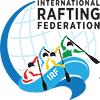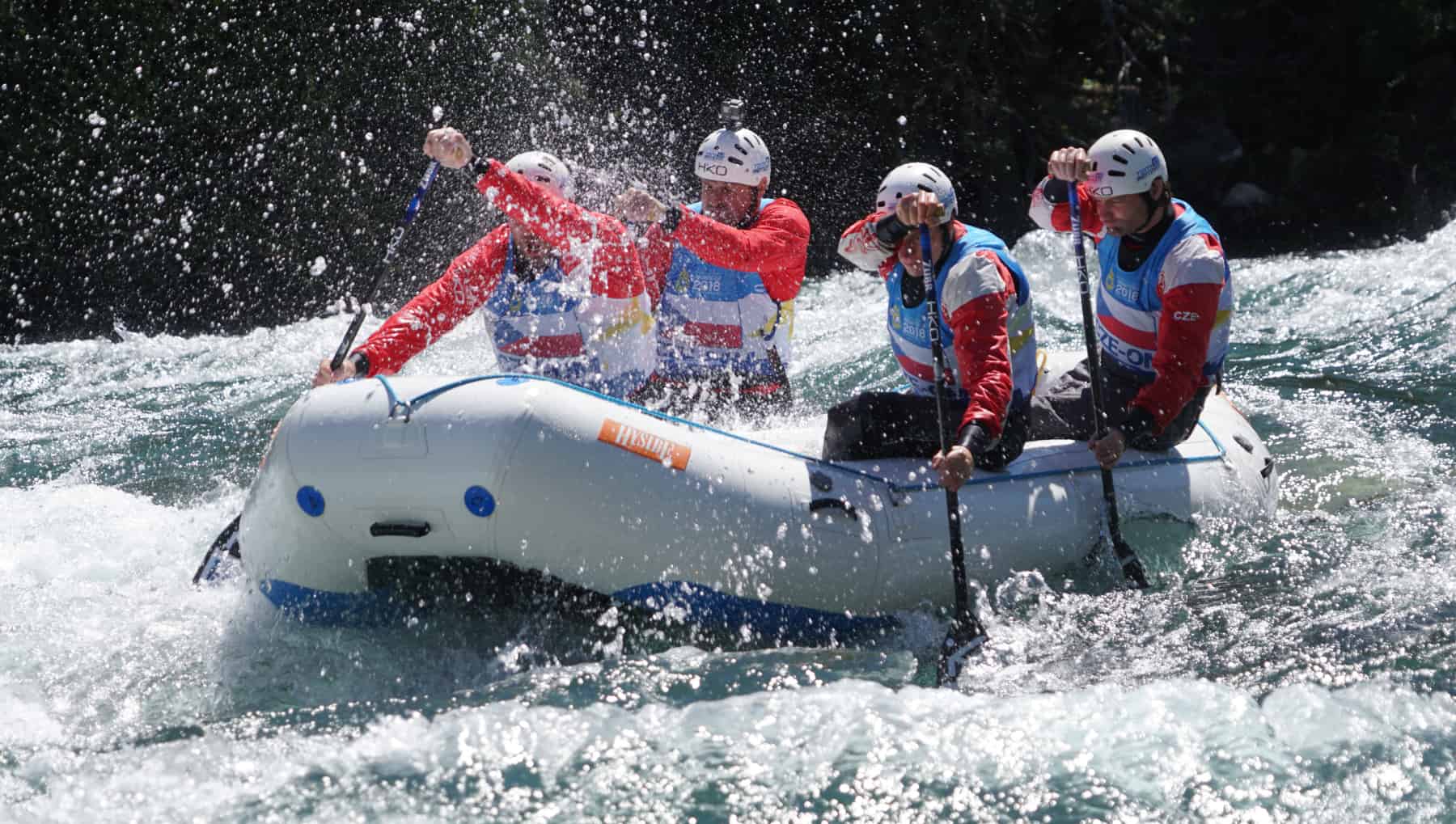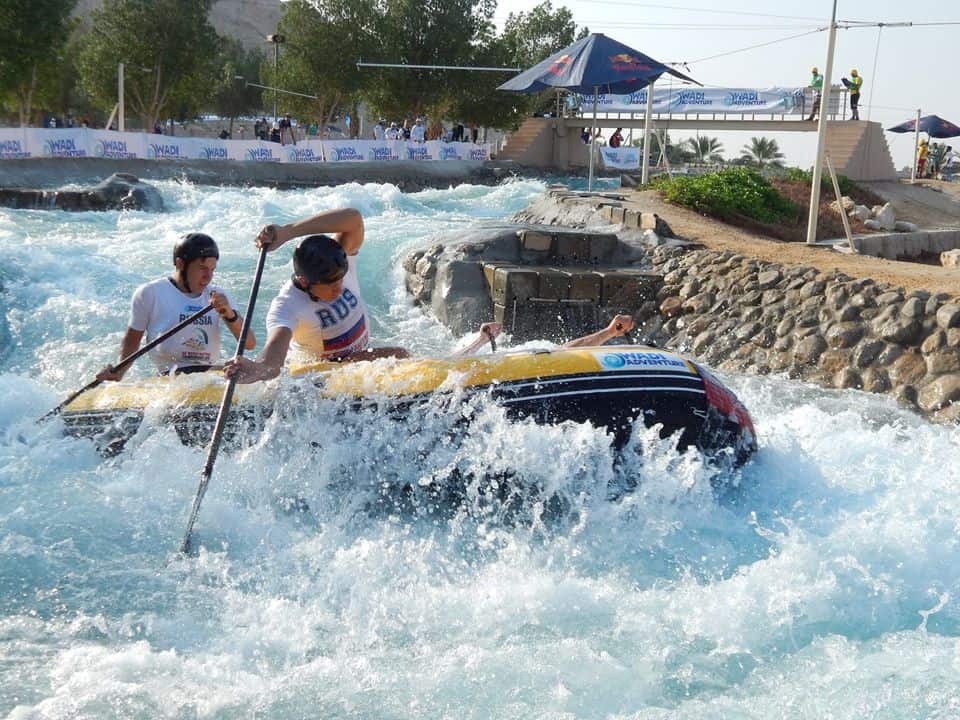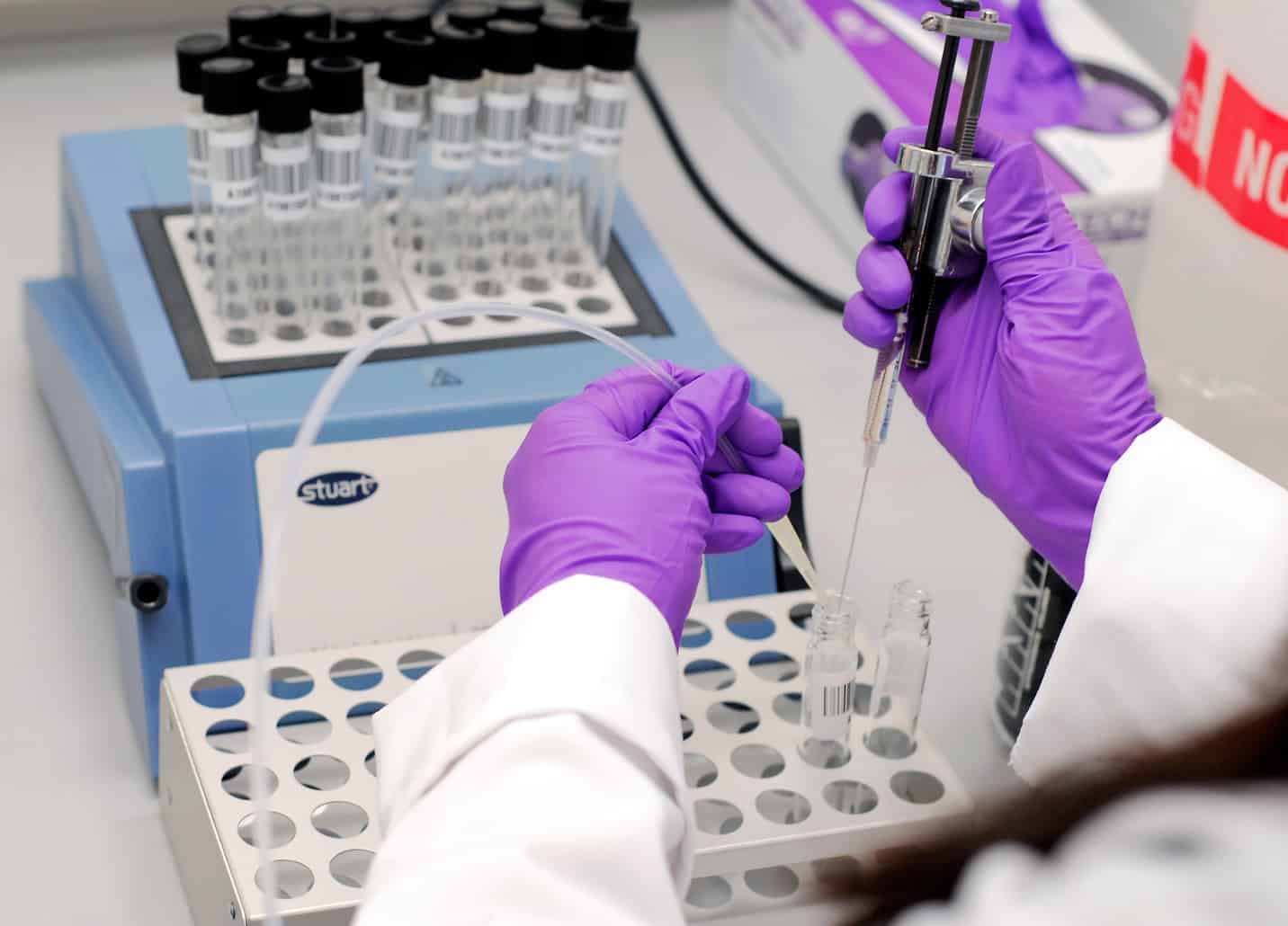WADAs approach on changing the rules is the result of a 2-year process in which both athletes, sports organizations , anti-doping organizations and authorities have been able to submit their amendments and comments.WADA has in this process received more than 3900 proposals by different parties, which resulted in more than 2,000 changes in the final version of the Code in 2015 compared to the 2009 edition.
In some cases, the changes that have been proposed in an earlier published version of the consultation process has been changed back into a later version based on ongoing feedback from stakeholders, for example, the proposal to eliminate the B Sample and the proposal to change the criteria for adding a substance or method on the doping list. None of these proposals has been maintained in the final version. In other cases, there are minor changes to bring the Code’s language with the legal opinion from Jean -Paul Costa, former president of the European Court of Human Rights, which has assessed the Code in relation to human rights.
The substantive changes in the 2015 Code falls within the following themes:
1. Stricter penalties for knowingly cheating and more flexibility and reduction of sanctions under the specific circumstances of inadvertent doping.
- Offenses which include the presence, use or possession of a non-specified substance will be penalized by exclusion of 4 years, unless the athlete can prove that the infringement was not intentional. (with ‘intent’ is believed that a practitioner is aware that an action constitutes an anti-doping rule violation or that action is risky, but exercising it anyway.)
- For offenses which include specified substances, the penalty four years if the anti-doping organization can prove that the infringement was intentional similarity.
- Immediate confession will no longer be able to automatically result in a penalty reduction but will require the approval of WADA and the responsible anti-doping organization.
- In cases where a provider can demonstrate to be without significant fault in cases involving a positive test, which is derived from consumption of a contaminated product, for example. supplements or other food, the sanction could be reduced to a minimum of a reprimand and a maximum two-year ban.
- The period for gathering ‘whereabouts failures‘ (warnings) changed from 18 months to 12 months, this period is estimated to be sufficient to capture the athletes who deliberately cheat their whereabouts to avoid doping.
- The definition of “tampering” with doping controls have been extended to include attempts to influence a doping officer, misrepresentation to an Anti-Doping Organization or intimidation or attempted intimidation of a potential witness.
2. Increased respect to proportionality and human rights
- It is admitted that the Code should be implemented as proportionality principles and human rights.
- Publication will be deferred by a sanction was imposed, where today must be done immediately after a hearing has taken place.
- It will also be possible in future to avoid publication of penalties for minors and for practitioners who are not competing at national or international level.
- Minors do not explain how he / she has taken banned substance to prove that he / she is without significant fault.
- The definition of practitioners who are subject to the Code, are reviewed so that it is clear to all who participate in competitive sports are covered by kodekstes sanctions, but exercisers who do not compete, can be excluded and subject to other penalties.
3. More emphasis on intelligence and investigation in the fight against doping
- Anti-doping authorities have with the new rules better opportunity but also an obligation to investigate doping cases on the basis of intelligence.
- International federations, Olympic committees, athletes and coaches / managers will also be obliged in the future to assist and cooperate with anti-doping organizations investigating doping violations.
- It is expected that governments ensures that information exchange can take place between anti-doping organizations and public authorities. This may require revision of the legislation.
- For practitioners who choose to provide anti-doping organizations comprehensive assistance in the detection or detection of doping violations, WADA future be able to confirm in the provider that the agreed penalty is final and without appeal, and WADA in exceptional circumstances accept that a practitioner goes free of punishment.
- The limitation period shall be extended from the current 8 to 10 years, as it has recently become clear that it can take many years before sophisticated doping can be uncovered.
4. Better effort to supporting staff and sponsors involved in doping
- The new rules prohibit support staff to use or possession of prohibited substances or methods without just cause, which has not previously been the case. Although it is not to be considered an anti-doping violation, then there could be issued disciplinary action in accordance with the international federations and national Olympic committees rules.
- International federations and national anti-doping organizations will be obliged to launch an investigation of support staff in cases a) involve a minor or b) where a coach / manager has provided assistance to more than one provider, has been convicted of doping rule violation.
- It introduces a ban for practitioners towards co-operation with the support staff who a) is serving a quarantine or b) imposed a penalty of a criminal, disciplinary or professional body that would fall under the anti-doping rules or c) representatives of such persons. Provider must first be notified in writing of the person’s penalty and on the possible consequences of continued cooperation. Support staff must conversely be able to explain why the disqualification does not apply to him / her. This rule does not apply in cases where a connection is inevitable, oak parent / child relationship or marital relationship.
5. Increased emphasis on targeted sampling and preparation of targeted sample analyzes
- The analyzes of doping tests will be more targeted to the substances that are at particular risk for practitioners use in the sport.
- Sampling must be carried out more targeted and intelligent under the risk of the few activities and disciplines.
6. Better balance and clearer demarcation of international federations and national anti-doping organizations’ interests
- The revised Code recognizes the essential role of the international federations and national anti-doping organizations in the fight against doping and made a number of changes designed to clarify and achieve a balance between the responsibilities of each of them.
- The International Federation continues to have responsibility for athletes at international level, while the national anti-doping organizations responsible for practitioners at the national level. TUE’er should generally recognized among such organizations, however, it is possible for an organization to reject a TUE if it is not believed to meet the requirements of the International Standard for TUE. This must be done by submitting a complaint to WADA.
7. Shorter and clearer wording of the Code text
- There is on the one hand been sought by various parties to the consultation on the Code must be clear and clearly describe the different situations that may arise in order to avoid loopholes and for ensuring a harmonized application. On the other hand, there has been a desire for a shorter and less technical text. WADA has tried to meet both of these conflicting demands.
- All sections regarding sanctions is reviewed and shortened.
- Comments on the various code articles should not be included for the implementation of organizational rules, but it is still binding.
- WADA will publish a simplified version of the code to practitioners with a focus on the areas that are most relevant for practitioners.
